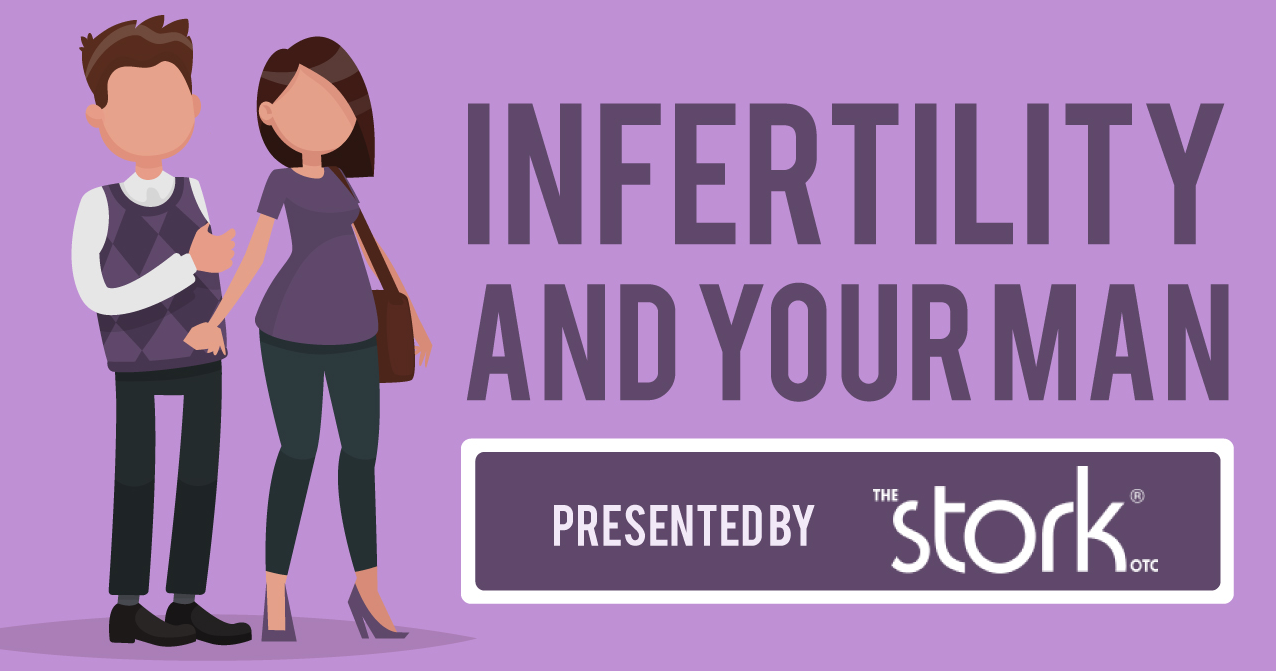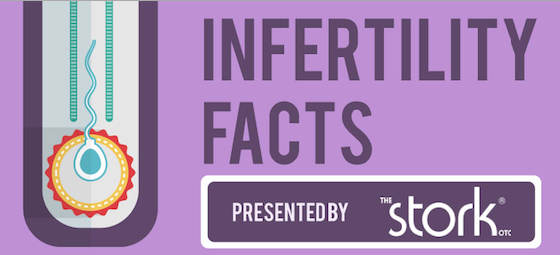Infertility is defined by the Hormone Foundation as the inability of a sexually active couple, not using any birth control, to get pregnant after one year of trying.
Some find that when they are ready to have a baby, they can’t. What could inhibit fertility? More importantly, what needs to happen for a successful pregnancy to occur? First, the woman needs to be able to develop an egg in her ovaries. This enables ovulation, the next step, to occur. Ovulation happens when the egg is released into the fallopian tube. Then, the man must have sperm to meet and fertilize the egg in the fallopian tube. Lastly, the fertilized egg has to be able to travel through the fallopian tube and implant itself into the lining of the uterus. All four factors are must-haves. If anyone of these processes is nonexistent or malfunctioning, there is danger of infertility.
Now, let’s talk about some reasons for infertility. It is important to mention that one quarter of infertility is caused by a problem with ovulation, as reported by the Hormone Foundation. This could mean a hormonal imbalance or an injury to the hypothalamus or pituitary gland, both of which produce hormones as well. Other factors that interrupt ovulation could be attributed to body weight (too much or too little), being overstressed, polycystic ovary syndrome, thyroid conditions, premature ovarian failure and even certain adrenal gland disorders.
Other infertility causes not related to ovulation are:
A women’s age
Damage or blocked fallopian tubes
Benign uterine fibroids
Infection
Sexually transmitted diseases
Certain medications – antidepressants, tranquilizers, or anti-cancer drugs
Narcotics
Exposure to radiation
Timing of intercourse
Chronic diseases – kidney, liver or sickle cell disease; chronic infections (HIV/AIDS, hepatitis B, C and tuberculosis)
After a couple senses that there is a problem, it is important to seek medical assistance. Doctors will not only run tests and perform examinations, but they will also look at your medical history in order to get the full picture of what’s happening.
After conclusive tests and diagnosis are performed, your treatment can begin. Treatment, of course, will depend greatly on the cause of infertility and the woman’s age. The Hormone Foundation indicates that treatments fall in two categories: medication and surgery or assisted reproductive technologies.
Assisted reproductive technologies may include mixing sperm and egg outside the body (in vetro fertilization) or injecting a sperm into an egg before implanting the embryo back into the uterus (introcytoplasmic sperm injection). In the case of surgery, the type of surgeries required depends on what problems are found. For instance, women with fibroids, uterine polyps or endometriosis would have surgery to remove such growths so that pregnancy can take place.
It is important to remember that although 40 percent of cases of infertility are directly related to the female, 30 percent are related to the male, 20 percent are a combination of both and 10 percent are from causes unknown as reported by the Hormone Foundation.
Resources:
The Hormone Foundation
Dita Faulkner, a freelance writer, has written a book of poetry. Please feel free to preview:
http://www.lulu.com/product/paperback/red-toenails/6181258?productTrackingContext=center_search_results





Add a Comment2 Comments
Thanks for the article-- there are many women suffering from infertility who I am sure will appreciate your article and find very helpful.
February 4, 2010 - 2:50pmThis Comment
Thanks Rosa.
February 4, 2010 - 3:23pmThis Comment